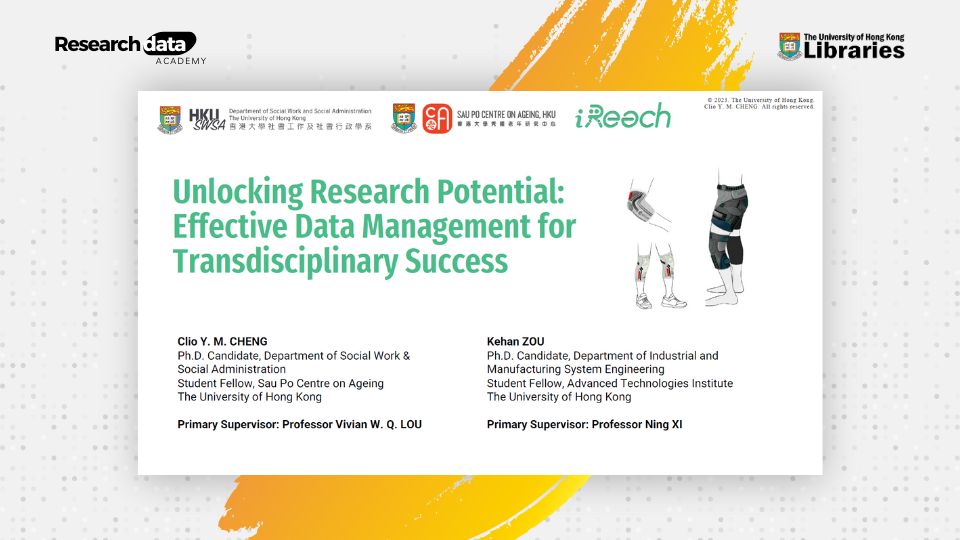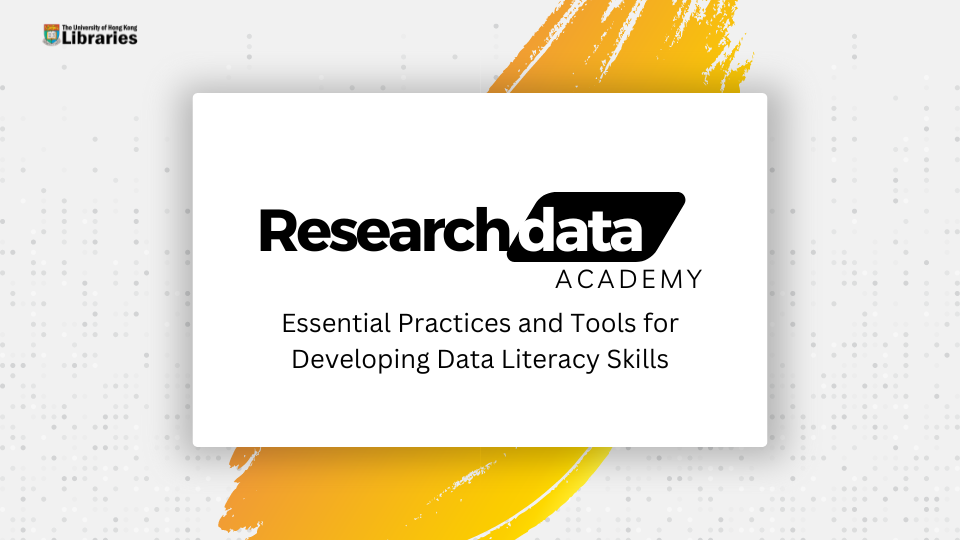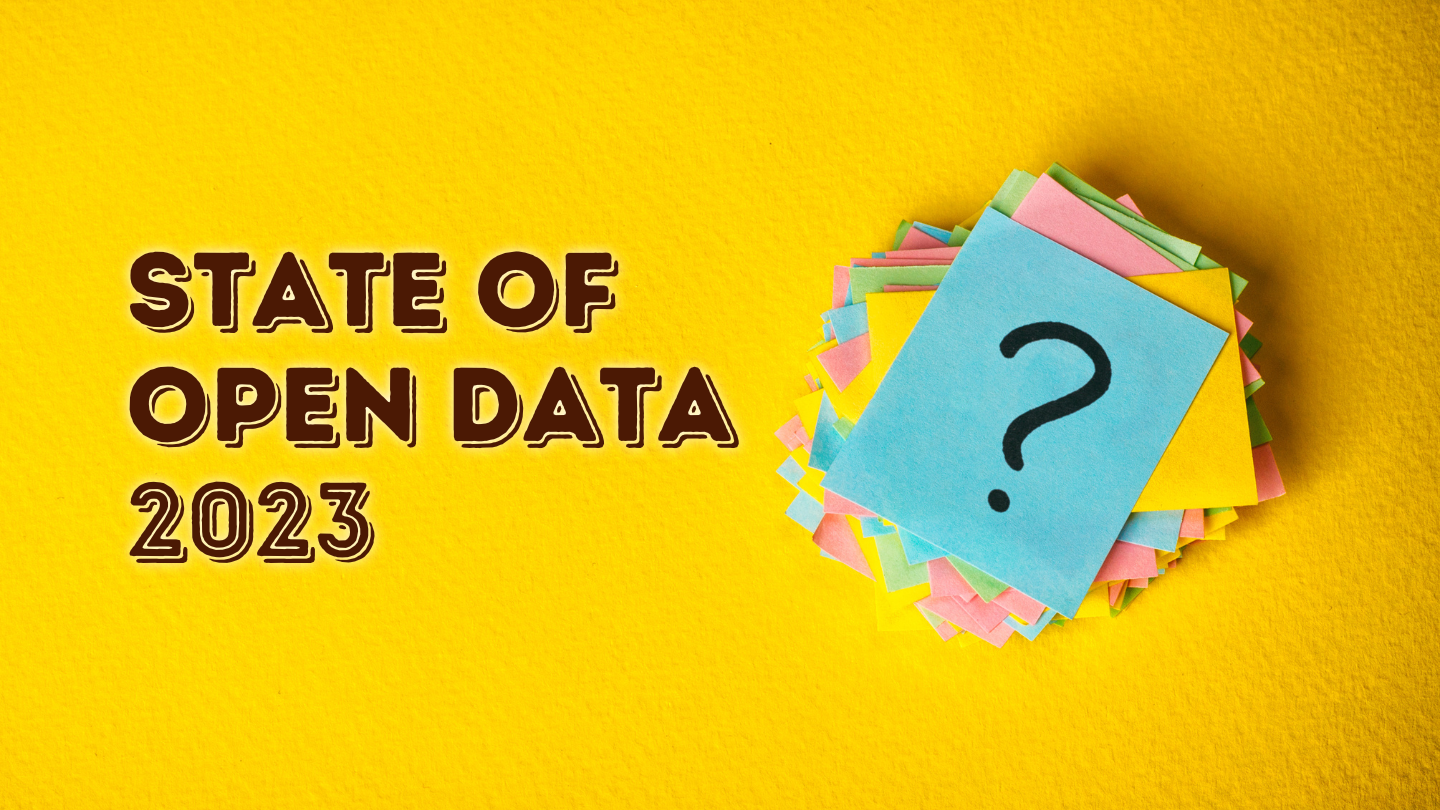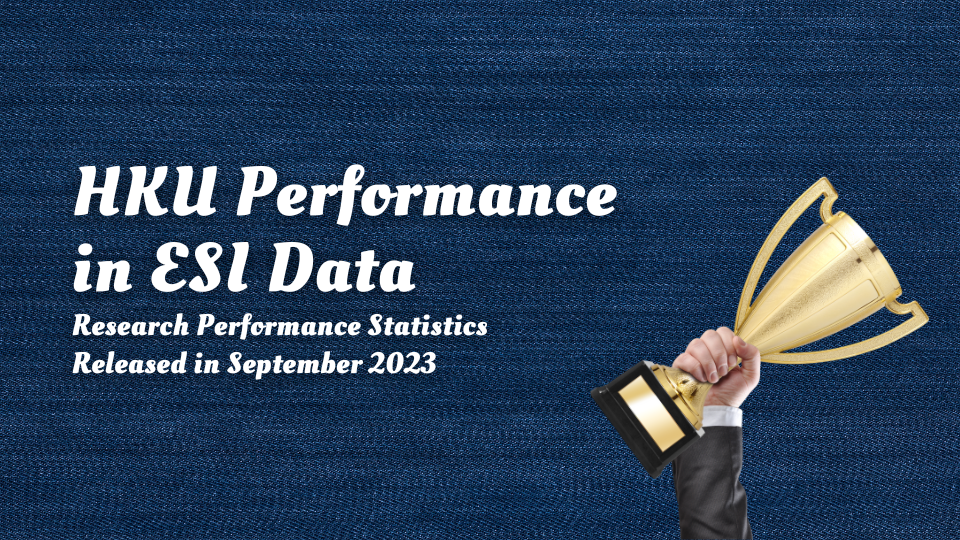Author: HKUL Scholarly Communication Services

Reading Papers Efficiently with the Three-pass Approach
This blog post summarises the key points of the article How to Read a Paper by S. Keshav, in which he suggests a three-pass approach that he has applied to reading academic papers for many years. It may benefit beginning graduate students and novice researchers to cultivate a good habit of reading academic papers. Firstly,…
Read More
Event Summary – Unlocking Research Potential: Effective Data Management for Transdisciplinary Success
The “Unlocking Research Potential: Effective Data Management for Transdisciplinary Success” sharing session successfully took place on Zoom on 12 March 2024 as part of the Research Data Academy series. The Ph.D. student sharing session was co-organized by the i-REACH project, Advanced Technologies Institute of HKU, Sau Po Centre of Ageing of HKU, and the HKU…
Read More
HKU Contribution to Sustainable Development: Committed, Comprehensive, and Crucial
The 2030 Agenda for Sustainable Development (United Nations, 2015) provides a shared roadmap for achieving sustainable development by year 2030. Central to this agenda are the 17 Sustainable Development Goals (SDGs), which emphasize the need for global partnership to address pressing challenges and create a better world for present and future generations. The University of…
Read More
Select the Citation Management Tool That Best Suits Your Needs: EndNote vs. Zotero
Citation management tools can greatly help researchers organize, store, and cite references, saving valuable time for your academic research. This blog post will introduce two popular citation management tools, EndNote and Zotero, to provide you with some ideas so that you can select the one that best suits your learning and research needs. What is…
Read More
Research Data Academy Series: From Planning, Analysis to Sharing
The Research Data Academy, organized by the HKU Libraries, is a series of training sessions designed to strengthen your data literacy skills. It provides researchers with essential practices and useful tools that help you to work with your research data efficiently. Registration is now open. All HKU students and staff who are engaged in research activities…
Read More
Open Access in Progress: An Overview of Participation of HKU Authors in Open Access Publishing
Open access, a key element of open science, has become an emerging trend in recent years. Noted that open science practices, which foster openness, transparency, and inclusiveness, are already in place worldwide, the UNESCO Recommendation on Open Science (2021) called for promotion of a common understanding of open science, associated benefits and challenges, as well…
Read More
State of Open Data 2023: Nuanced approach, readily available support, and AI awareness
Conducted by Digital Science, Figshare and Springer Nature, the State of Open Data 2023 survey was carried out in June 2023, collecting a total of 6091 valid responses from researchers who had published or submitted a manuscript to a journal within the last 5 years worldwide. Respondents represented diverse geographical regions, fields of interest, and…
Read More
HKU Performance in ESI data – Research Performance Statistics Released in September 2023
1. Introduction to ESI data Essential Science Indicators (ESI) data are statistical data that help identifying top-performing research and emerging areas of research in science and social sciences based on the Web of Science Core Collection data. ESI surveys more than 11,000 journals across 22 broad disciplines (Essential Science Indicators Help, 2023). Based on the…
Read More
Streamlined systematic review: Covidence and its new eligibility criteria feature supporting the PICOS framework
Systematic review is a method of analysis based on a comprehensive pool data, preferably using exactly comparable research studies [1]. It promotes evidence-based decision making through making maximum use of the best available evidence from all available sources. Subscribed by the Libraries, Covidence is a systematic review management tool helping students and researchers with the following…
Read More
Celebrate the Spectacular Success of Open Access Week 2023 at HKU
We are overjoyed to share the tremendous success of Open Access Week 2023 at HKU Libraries. Please join us in celebrating this remarkable achievement. It is still not too late to revisit the webinars and join a quiz to test your knowledge afterwards! Scroll down for highlights of the event. Open Science 101 A webinar…
Read More